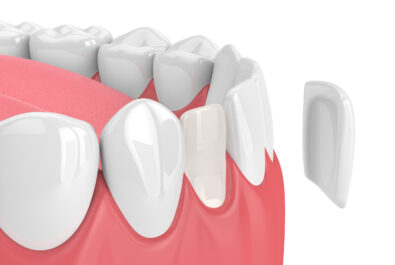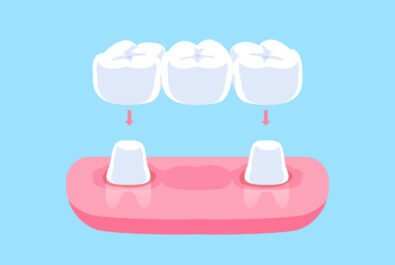 Oral cancer is a relatively common form of cancer, and it can appear in a variety of ways. That being the case, if you are diagnosed with oral cancer, you have a variety of options for addressing and treating the situation. Detecting oral cancer early is instrumental in treating the disease, but even in the later stages of oral cancer, there are still treatment options. Periodic oral cancer screenings can aid in the diagnosis of this condition. This blog covers brief descriptions of each stage and what you can do to treat the condition.
Oral cancer is a relatively common form of cancer, and it can appear in a variety of ways. That being the case, if you are diagnosed with oral cancer, you have a variety of options for addressing and treating the situation. Detecting oral cancer early is instrumental in treating the disease, but even in the later stages of oral cancer, there are still treatment options. Periodic oral cancer screenings can aid in the diagnosis of this condition. This blog covers brief descriptions of each stage and what you can do to treat the condition.
Stage 0 Oral Cancer Is the Earliest Form
Stage 0 is the earliest form of oral cancer, and it likely means that you caught the condition early in its existence. Stage 0 oral cancer may be characterized by cancerous or precancerous cells. At Stage 0, these cells are still in a centralized location, which means that they can be removed surgically. Removing this dangerous tissue is the most straightforward treatment for oral cancer in its earliest stage.
Stage I or II Oral Cancer Are Characterized by a Tumor
As your oral cancer advances past Stage 0, a tumor may develop. While this tumor is still relatively small (less than 1.5 inches in diameter), it can be surgically removed. Your doctor may also recommend chemotherapy and/or radiation to target the cancerous cells and destroy them. It’s important that you take action quickly if you are diagnosed with Stage I or II oral cancer, so that the condition does not advance any further.
Stage III and IV Oral Cancer Are Considered Advanced
Stage III oral cancer is characterized by tumor growth that exceeds 1.5 inches. During this stage, the cancer may spread into the patient’s neck. Stage IV oral cancer is characterized by tumor growth that exceeds 2.5 inches, and the spread of the disease into other healthy tissue. Treating advanced oral cancer typically requires a combination of treatment methods. Surgical removal becomes more difficult. Your doctor may recommend radiation first, then later surgery and chemotherapy.
Make Sure You Are Being Screened for Oral Cancer
Catching the signs of oral cancer as early as possible is for the best. Treatment in Stage 0 is much simpler than treatment in Stage IV. That being said, it’s important that you are periodically screened for oral cancer, especially as you get older. Talk to your dentist about oral cancer screening during your next visit.
ABOUT YOUR CERRITOS, CA, ORAL SURGEON:
Dr. Shawn Hofkes and the staff at Cerritos Dental Surgery are highly qualified to address complex issues, including those that require oral surgery to correct. To schedule an appointment or consultation with Dr. Hofkes, contact us today by calling 562-584-4082. We proudly welcome patients of all ages from Cerritos, CA, and all surrounding communities, such as Lakewood, Long Beach, Buena Park, and more.














